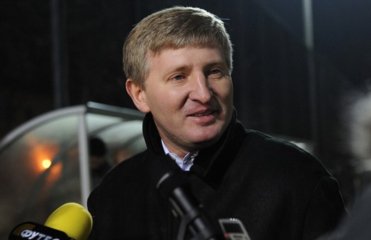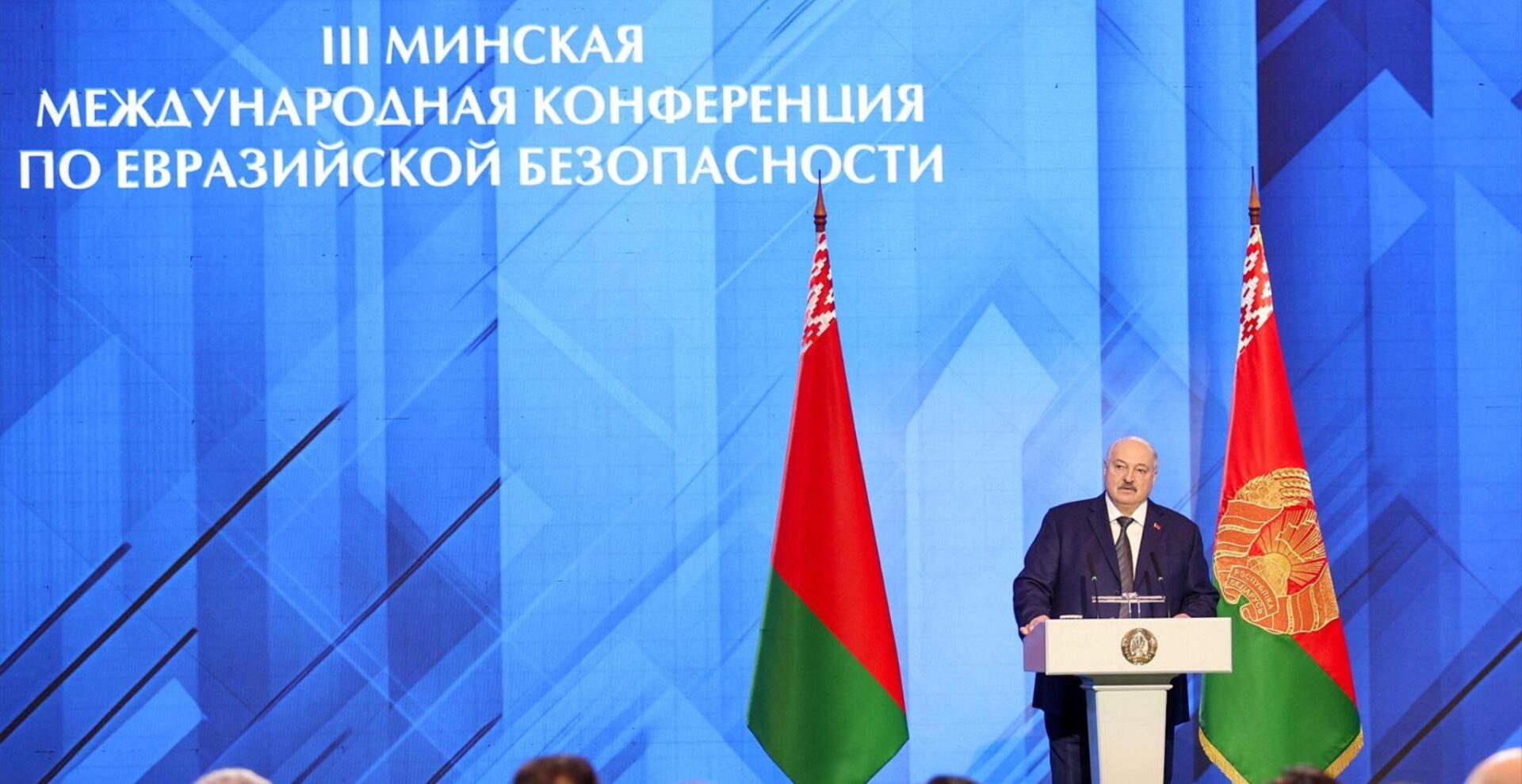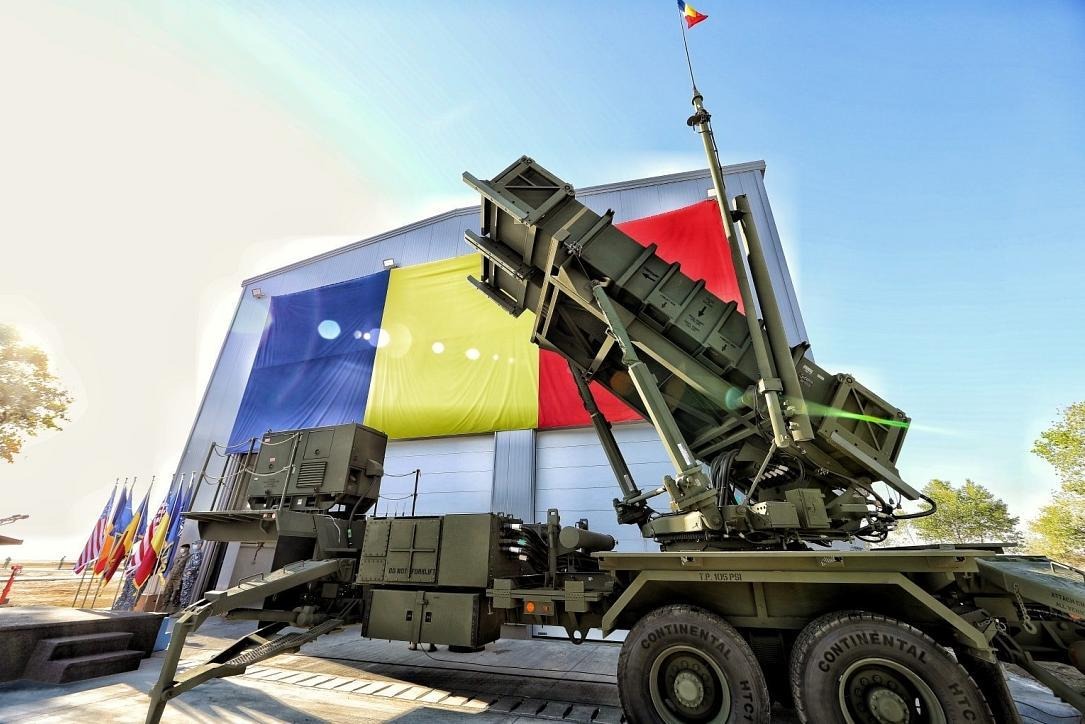
Ukrainian Businessmen Support Paramilitary Units in State Service
Ukrainian Businessmen Support Paramilitary Units in State Service
Ukrainian forces are struggling to contain Russia’s proxy insurgency in Donbas (Donetsk and Luhansk provinces). The Ukrainian “anti-terrorist operation,” under way since April 13, remains inconclusive thus far. This operation has revealed how deeply Ukraine’s army and police were hollowed out in recent years, materially and morally.
The insurgency’s nucleus of combatants from Russia turns out to have been overrated; and their locally-recruited auxiliaries seem little more than a scattered rabble, deeply disappointing the Russian commander Igor Girkin (a.k.a. Strelkov) (video address via Ukraiynska Pravda, May 18). The insurgents are too weak to establish any compact territorial base (unless and until further reinforced from Russia). They merely control some urban pockets dispersed across Donbas. They have spawned would-be political authorities to proclaim secession from Ukraine, but these are confined to buildings in some downtown squares.
However, the insurgents are well placed to thwart Ukraine’s May 25 presidential election in Donbas, to sabotage the region’s industrial economy, and infiltrate farther afield into Ukraine. The Ukrainian army and police have proved generally unable, and at times unwilling, to deal effectively with this insurgency.
Meanwhile, Ukrainian paramilitary and territorial defense units are being raised by civic initiatives, cutting across social class lines, to supplement the inadequate forces of an insolvent state. This is, in practice, a form of private-public partnership dictated by an unprecedented emergency.
Some wealthy businessmen are financing such new units and related security measures to assist the state administrations in certain provinces (oblasts). Those new units draw on volunteers, giving preference to former military personnel with experience in international operations and anti-terrorist police veterans. Recruitment is mainly local. While salaries are attractive (far higher than army salaries for corresponding ranks), the basic motivation is probably patriotic, spurred no doubt by the spectacle of defeatism and defections in the army and police.
While the sponsorship is private and the enrollment voluntary, such units are officially set up by province-level state administrations (governors’ offices), and subordinated to Ukraine’s Ministry of Defense or Ministry of Internal Affairs. The units are armed with submachine guns and other light infantry weapons from the defense ministry’s surplus stockpiles. The sponsors cover the salary supplements (that which exceeds the level of army salaries), various kit and gear, billeting and transportation costs (biz.liga.net, May 15; Kyiv Post, May 16, 17).
The trend, thus far, is to create battalion-size units, comprised of some 400 lower ranks and some 20 officers for each. Such units or their elements operate for the most part covertly in their own provinces on guard, patrol and escort duty, manning checkpoints, handing over suspected rebels to state authorities, and presumably training for combat. Elements of one battalion based in the Dnipropetrovsk province have started operating in the nearby Donbas (see below).
On April 13, the Dnipropetrovsk province administration announced the decision to set up a “Dnipro 1” Battalion in that province, sponsored by billionaire governor Ihor Kolomoyski, at the disposal of Ukraine’s Ministry of Internal Affairs. Shortly thereafter, the same administration announced plans to set up a further battalion, with personnel from the former Berkut elite unit (disbanded merely three months ago). On May 11, the defense ministry approved plans to create two battalions of territorial defense in that same province. Additionally, Kolomoyski is advertising his private offer of bounties for the capture of armed insurgents (One + One TV, May 12; euromaidanpr.org, accessed May 19).
On May 2 in Mykolayiv province, agribusiness entrepreneur Oleksiy Vadaturskiy announced his offers to equip and pay volunteers for road patrols and checkpoints. These are manned by volunteers jointly with national guardsmen and border troops in that province. Vadaturskiy has also offered bounties for the capture of armed insurgents. Owner of the Nibulon agroholding, evaluated at $800 million by Forbes, Vadaturskiy is one of the sponsors of the Defend Ukraine Together movement against “federalization” in Mykolayiv province (https://news.pn/de/public/98168). In the neighboring province of Odessa, the newly appointed governor (since early May) Ihor Palytsya has inherited his immediate predecessor’s plan to form a “Shtorm” battalion under the interior ministry.
The Donbas Battalion has started operating covertly in Donetsk province, out of a base camp in neighboring Dnipropetrovsk province. This unit is reported to consist of unpaid volunteers. The Donbas Battalion has succeeded in recapturing the Velyka Novosilka district center (western part of Donestk province) from rebel hands (Ukraiynska Pravda, May 15; mashable.com, May 17).
Dnipropetrovsk province currently shields the rest of Ukraine against subversion from Donbas insurgents. By the same token Kolomoyski’s province can become the springboard for restoring Ukrainian authority in Donbas. Therefore, it seems premature at this stage to propose enlarging the territory of Dnipropetrovsk province by incorporating portions of the Donetsk and Luhansk provinces. Such proposals might perhaps make sense if Donetsk and Luhansk are seen to be lost to Ukraine. But such an outcome is by no means predetermined (Espresso TV, May 11).
In Donetsk province, industrial magnate Renat Akhmetov has authorized metallurgical workers to set up unarmed vigilante patrols, starting from May 10, in and around the city of Mariupol. On May 20, Akhmetov launched an appeal for peaceful mass demonstrations throughout the region against the secessionist rebels (Interfax-Ukraine, May 20).
Ukraine’s nascent volunteer units are not aligned with any party, politician, governor or territorial interests. The units operate within the central authorities’ chain of command. This arrangement will need to continue for the existing and planned units, along with clear procedures for demobilizing volunteers or incorporating them into regular forces, if Ukraine is to prevent any fragmentation of these units into politicized and territorialized paramilitary formations.
Privately-financed, volunteer-staffed units are an emergency solution, dictated by the inadequacy of Ukraine’s own regular forces in the anti-terrorist operation in Donbas. The operation’s immediate goal is to limit rebel interference with the May 25 presidential election, ensuring at least a decent turnout in at least some polling places. After the election, Ukrainian forces will have to isolate the Russian-held pockets, protect industrial and infrastructure assets, and prevent a spread of the insurgency within Donbas and beyond that region. Mere containment, however, would invite heavier Russian pressure to “federalize” Ukraine or break up the country. Containment can only be a temporary expedient, pending a reorganization of Ukrainian security forces to defeat the rebels conclusively.


